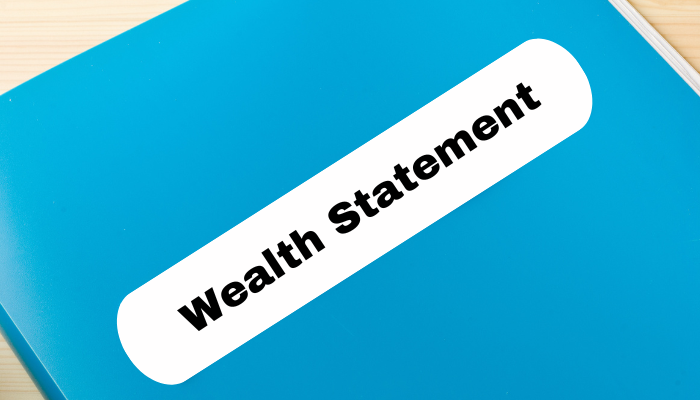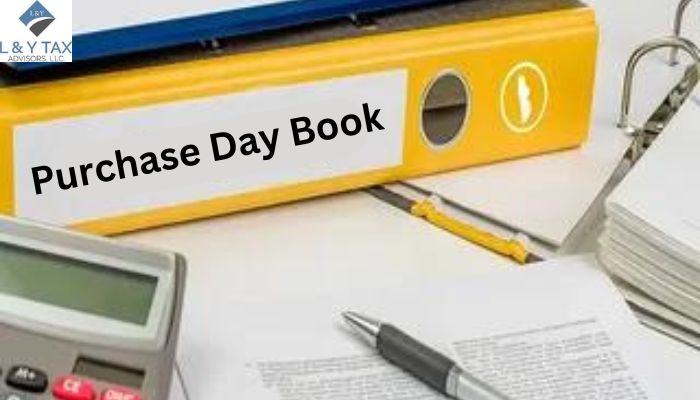
What is Wealth Statement?
Do you know what is wealth statement? It is an essential document in personal finance and wealth management. It serves as a snapshot of your financial situation.
While you are familiar with income statements and balance sheets, the wealth statement carries its specific relevance in presenting a complete assessment of your financial health. Our best tax consultant Houston helps you comprehend what is wealth statement and why it is necessary for efficient financial planning.
Components of the Wealth Statement
The following are the components of a wealth statement:
Assets
This component of the wealth statement lists all of the valuable belongings and assets that you have. It includes, but is not limited to, the following assets:
- Cash and cash equivalents
- Real estate properties
- Investment portfolios (e.g., equities, bonds, mutual funds)
- Retirement accounts (401k, IRA, pension plans)
- Vehicles
- Personal items with substantial worth (jewelry, artwork, collectibles)
Liabilities
Liabilities are your debts and financial commitments, as opposed to your assets. Joint liabilities included in a wealth declaration are:
- Mortgage loans
- Automobile loans
- Credit Card Debt
- Student loans
- Personal loans
- Other outstanding bills and commitments.
Net Worth
The net worth component of the wealth statement is calculated by subtracting total liabilities from total assets. After accounting for all obligations, it indicates an individual’s remaining assets or equity. Net worth is a significant measure of financial well-being. It is frequently used to evaluate a person’s entire financial situation.
Why is Wealth Statement Important?
A wealth statement gives a clear and succinct assessment of your financial situation. It allows you to analyze your present status and follow your monetary growth over time. It provides vital asset allocation, debt management, and general wealth-building information.
Strategic Plans
Understanding your net worth enables you to make educated decisions about budgeting, investing strategies, and long-term financial objectives. You can use a wealth statement to:
- Prepare for retirement
- Save for a large purchase
- Mitigate financial hazards
Risk Management
A thorough grasp of assets and liabilities lets you detect possible risks and weaknesses in your monetary portfolios. It enables protection against unanticipated events.
- Proactive risk management measures
- Diversification
- Insurance coverage
- Contingency planning
Financial Openness
A wealth statement fosters openness and accountability among individuals with shared money or business partnerships by offering a clear summary of shared assets and obligations. It promotes open communication and collaborative decision-making while managing shared financial resources.
The Bottom Line
Our tax advisor services help you incorporate the wealth statement into your daily routine. Learning about what is wealth statement is vital for personal finance management. It provides a complete overview of your financial situation. Because it includes assets, liabilities, and net worth, it is an effective instrument for economic evaluation, strategic planning, risk management, and increasing financial transparency.


